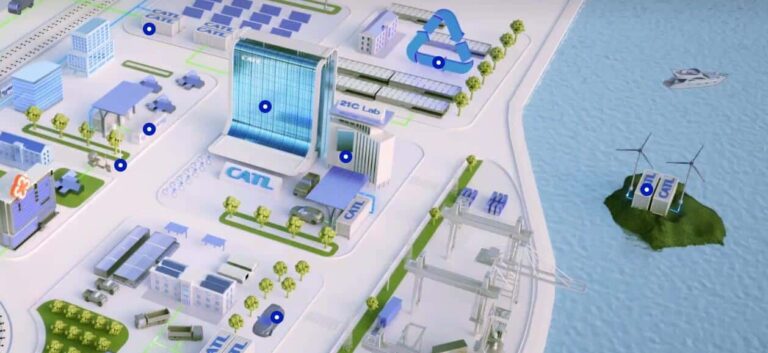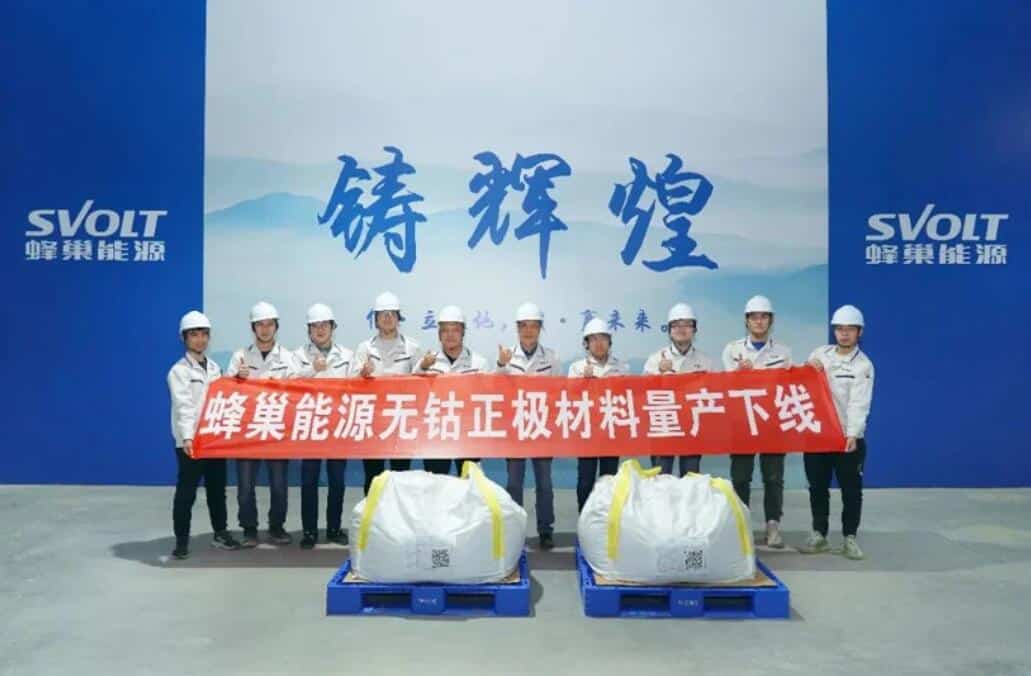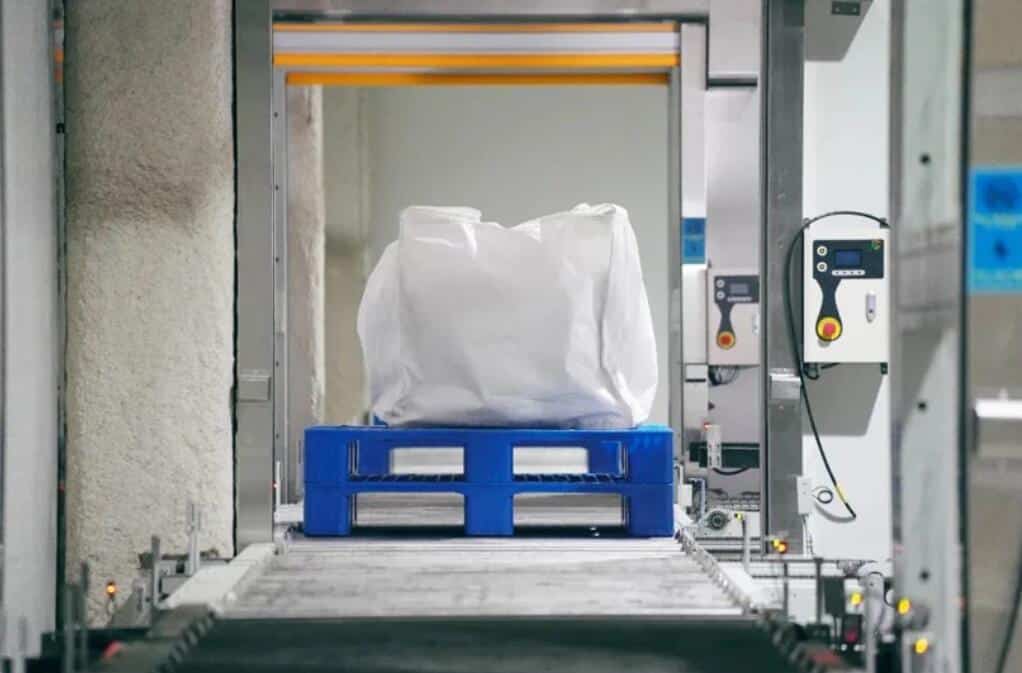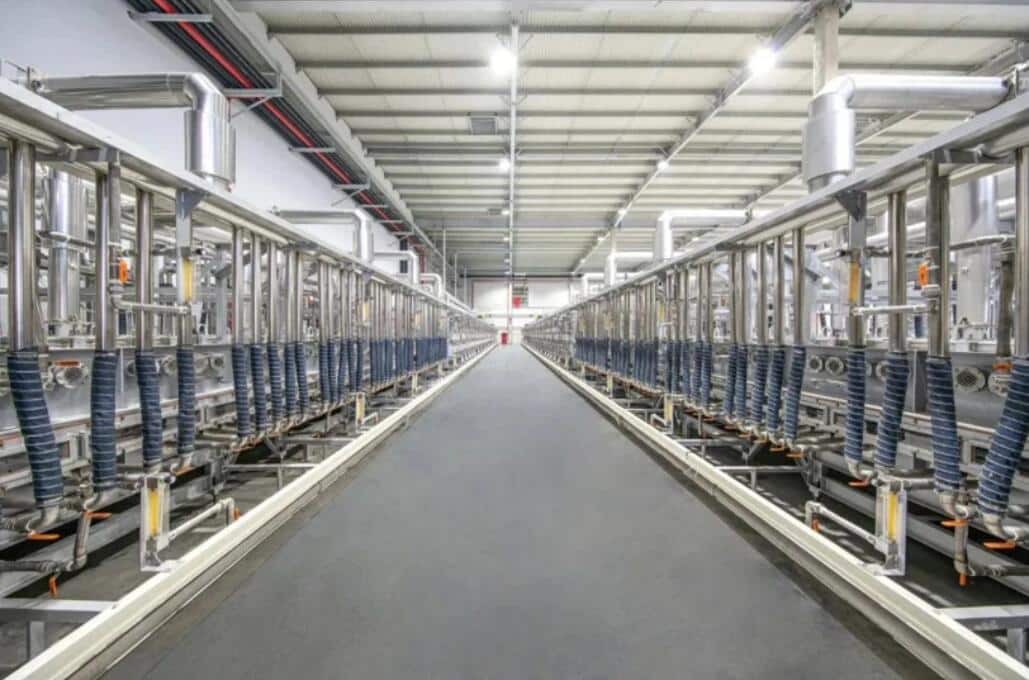Svolt Energy, a battery maker owned by Chinese automaker Great Wall Motors, announced that the material of cobalt-free cathode, the core material required for cobalt-free batteries, began to be produced in volume at its Changzhou materials plant. This is the world's first 10-ton mass production of cobalt-free cathode material.
The research and development of Svolt Energy's cobalt-free cathode material began in May 2018 and completed laboratory A samples in June 2019.
The company successfully completed B-sample design and development in April 2020 and began preparation and core development of tonne-scale product power supply in June 2020.
In December 2020, Svolt Energy completed equipment installation and commissioning for the first phase of the 5,000-ton-per-year production line at its Changzhou cathode material plant and officially ran the factory.
Its cobalt-free cathode materials began production at the Changzhou plant in January 2021 and completed trial production of 10-ton products.
According to the company's plan, the first batch of Svolt Energy's cobalt-free batteries will be mass produced in June 2021.
Svolt Energy's cobalt-free batteries will cover two platforms, E and H. The E platform's batteries are mainly used in medium-mileage models, and the cell cycle life can reach more than 4,000 times.
The battery of H platform is mainly used in medium and high-end models, and can achieve a range of 800km with the support of module-free battery pack technology.
At present, there are two main types of batteries used in new energy vehicles, namely ternary lithium batteries and lithium iron phosphate batteries. Due to the higher energy density, ternary lithium batteries can bring higher range performance and are highly respected.
Although the ternary lithium battery has performance advantages, but the battery must use the more expensive rare metal cobalt, which is a major obstacle to reduce the cost of electric vehicle batteries.
Reducing the amount of cobalt has become a common challenge for global car companies and battery suppliers. Previously, Tesla and Panasonic respectively said that they will reduce the proportion of cobalt in the battery.



